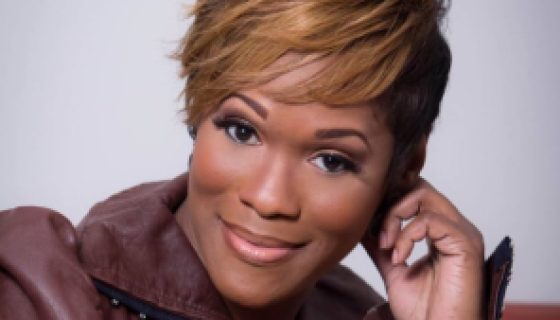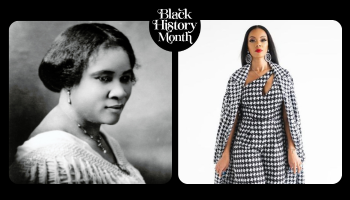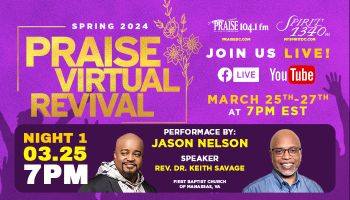As Amy Webb tells it, finding her husband was as easy as making a list.
“You’ll know your list is finished when the person you’ve described suddenly feels real and tangible,” she writes in the appendix to her memoir-cum-online-dating-advice book Data: A Love Story. “In my case, I could literally see [my husband] in my mind’s eye before we’d even met. This isn’t spiritual hoo-ha or some kind of ‘visualize your destiny and it will appear’ [baloney]. It’s about digging deep and writing a really thorough character profile so that you can use it to find that person in real life.”
In her case, that profile began as a 72-point description of her ideal man, a set of attributes she later culled down to 10 essentials and 15 pretty important traits.
Now, I’ve made my share of lists. Who hasn’t? But in the early days, I frequently drew them up at the same time I was nurturing a crush, which meant each list bore a suspicious resemblance to the current man of my dreams.
Webb started hers the night after a devastating date. Through further analysis and charting (let’s just say she’s a tiny bit obsessed with spreadsheets), she resolved to use her list as a rubric for dates. Thereafter, she would only date men who met a minimum eligibility threshold, based on the traits she deemed most important.
In some respects, Webb’s basic approach seems wise. In fact, I used a similar method to navigate some early geographic decisions, creating a rubric that very helpfully distinguished between places I’d merely liked visiting and those where I’d really thrive. Whenever I wasn’t sure about a city, I’d run it through my list, rating each quality on a 1-5 scale, then calculate the subscores’ average. As it crude as it was, the system quantified my good but not great 12 years in Phoenix and predicted my very rich four in New York.
But Webb’s starting point for her 72-part profile was the question, “What will make me happy?” She urges readers to do the same: “If you want true love and a long-lasting marriage, you need to start by figuring out what makes you happy.”
For Christians, that premise won’t hold. Marriage was created for something much bigger than the mere securement of two people’s mutual happiness. It’s a covenantal relationship that helps bear the triune God’s image in the world, a picture of Jesus’ relationship with the church, and the bond from which new life is meant to spill over in joyous overflow.
Putting oneself “out there” is only part of online dating, however. One must also peruse the seemingly unlimited ranks of potential dates. I struggle with that, too. Never mind who says “hi” first; how much time do I invest in searching, vs. just answering those who contact me? In other parts of life, I try to carefully guard that scarce resource. If one spent just an hour a night on a dating site (and you easily could!), that’s at least five hours a week I’m not using to read, write, catch up with friends, attend a concert, and so on.
And yet, Daniel Slater in Love in the Time of Algorithms cites a 2010 report that roughly 20 percent of “committed relationships” began online. Anecdotally, two of the three weddings I expect to attend this year are couples who met online. Can you find love without being online?
What is God’s role in all of this?
Is He a matchmaker, as Derek Prince wrote, or should I pursue the course of Abraham’s servant, who combined trust in God’s sovereignty with a plan to choose a bride for his aging master’s son?
Abraham’s servant went back to his master’s hometown.
But online daters face dozens of options.














